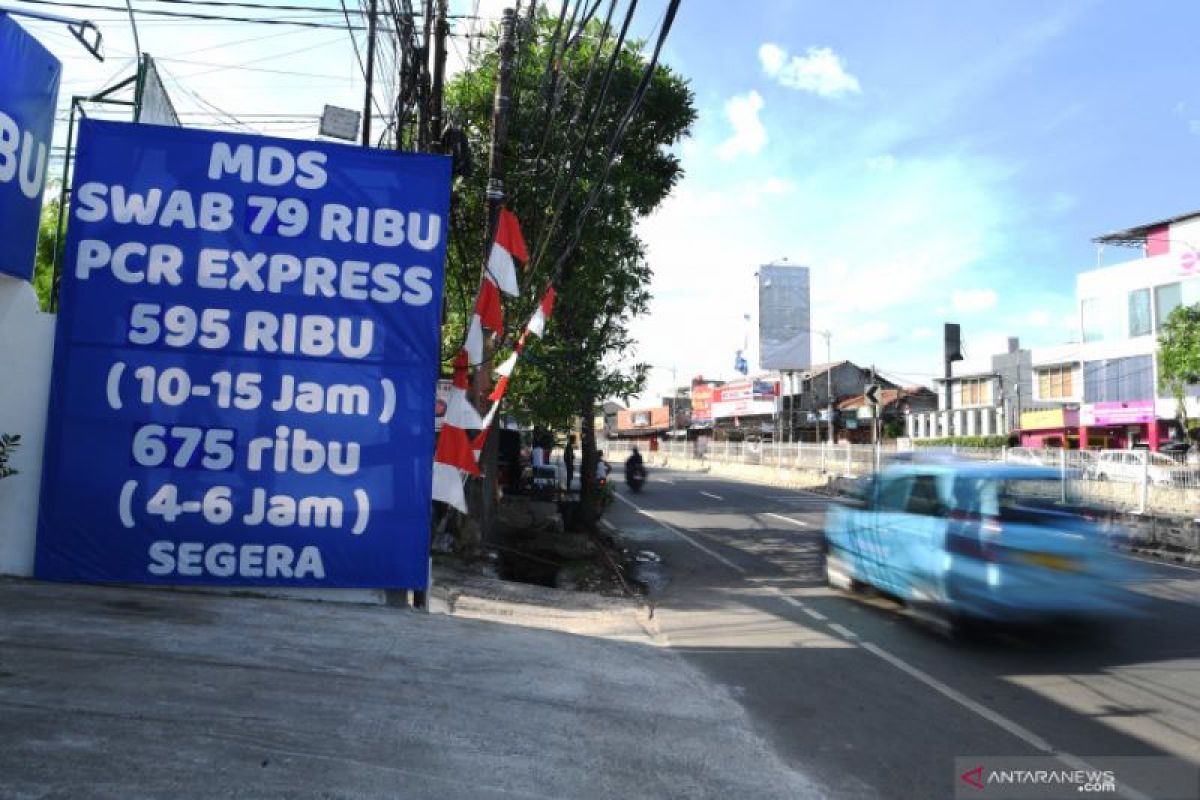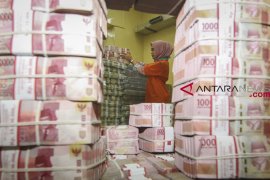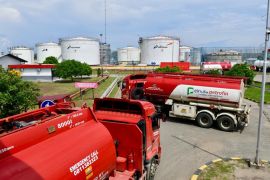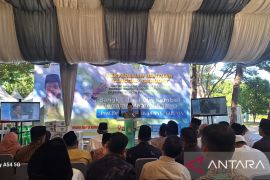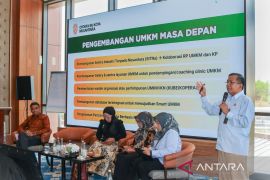If the benchmark price for a PCR test kit is too high, of course, there will not be many consumers interestedJakarta (ANTARA) - Center for Indonesian Policy Studies (CIPS) researcher Andree Surianta opined that reducing the price of PCR tests will support economic recovery since the COVID-19 pandemic can be brought under control through testing and tracing activities.
"Testing and tracing are only a small component in the complex efforts to control the pandemic. Hence, making the pricing of PCR more affordable is a good step," Surianta stated during a press release on Saturday.
The CIPS researcher reminded that the pace of economic recovery will hinge on the synergy among all components, such as behavioral changes among members of the public and success of the vaccination program.
The latest data from the Ministry of Finance indicated that testing and tracing were still low, according to Surianta.
Related news: Kimia Farma slashes price for PCR swab test by half
This was since out of the Rp185.98 trillion budget for COVID-19 handling for 2021, only Rp4.08 trillion was utilized for diagnostics purposes, such as testing and tracing.
"The amount is much smaller than Rp58 trillion allocated for vaccination and Rp59.1 trillion for treatment," he stated.
Since the demand for PCR tests is now high, Surianta reminded the government to ensure the supply of PCR tests in order to reduce the pricing.
Related news: Kadin, INACA explore import of PCR test kits for aviation industry
It is also necessary to examine bottlenecks in the supply of PCR tests since Indonesia is not in a position to produce its own PCR tests and should import the testing kit from a relatively small number of importers.
He believes that the policy of fixing prices will only be effective if the supply is abundant and all cost components are known to the government.
"If the benchmark price for a PCR test kit is too high, of course, there will not be many consumers interested. However, if it is too low, suppliers can retreat, thereby resulting in scarcity or even creating a black market," he pointed out.
Surianta suggested that the safest solution lay in augmenting supply by increasing import routes. For the medium and long term, the solution is to attract investment in domestic medical device manufacturers.
Related news: E-voting system to likely be implemented for 2024 elections: Expert
Related news: Challenges encountered in rescuing Indonesians from Afghanistan: TNI
Translator: M Rahman, Resinta S
Editor: Fardah Assegaf
Copyright © ANTARA 2021
